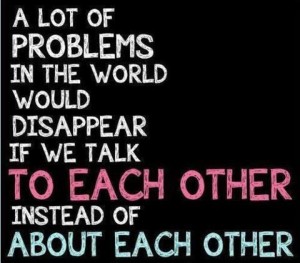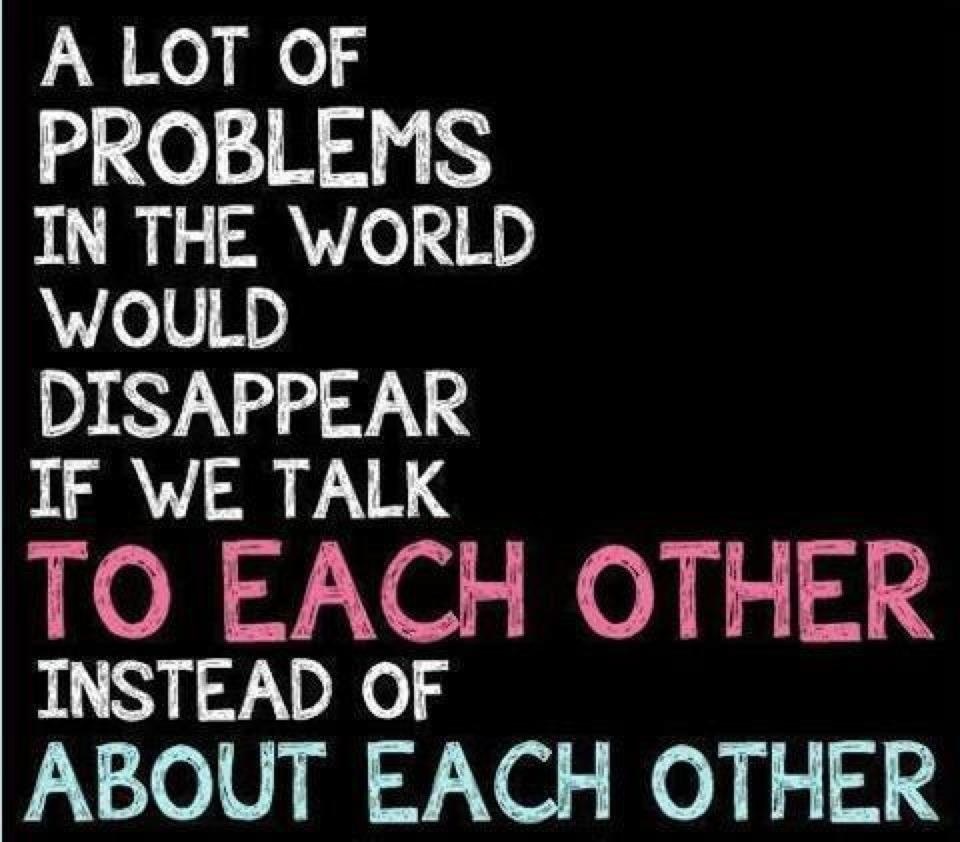Yesterday as I sat listening to an expert on negotiations discuss of the concept of “inputting evil,” I inevitably thought of this week’s row between Gates and Moyo. They of course we not engaged in negotiations, but maybe they should be.
“Inputting evil” I learned is a negotiator’s bias that assumes the worst of the person sitting across the table from you. In other words, if this person disagrees with you or is your opponent, they must be unreasonable and sleazy.
This particular bias is what Bill Gates exhibited this week towards Dambisa Moyo. While at a talk at the University of New South Wales, Gates was asked what he thought about Moyo’s book, Dead Aid. He responded that the book damaged the “generosity of rich countries.” But what everyone will remember about his comment is his conclusion that the book was “promoting evil.”
“I am disappointed that Mr. Gates would choose the route of personal attacks rather than a logical counter argument about the role of aid in modern Africa,” Moyo responded on her blog yesterday. Regardless of your opinions about Moyo’s thesis, Dead Aid no doubt sparked (and obviously is still sparking) an important conversation.
 Not unexpectedly, any statements perceived as inflammatory will bring both parties some attention. (Just ask Bill Easterly and Jeff Sachs.) However, when it comes to aid and aid reform, rarely are we operating in a zero-sum game (as in most negotiations we learned yesterday).
Not unexpectedly, any statements perceived as inflammatory will bring both parties some attention. (Just ask Bill Easterly and Jeff Sachs.) However, when it comes to aid and aid reform, rarely are we operating in a zero-sum game (as in most negotiations we learned yesterday).
Aid flows from richer to poorer countries have created massive systems, delivering $3.2 trillion of aid to poor countries between 1960 and 2008 (World Bank, 2011) and employing an estimated 595,000 aid workers (ALNAP, 2010). To fundamentally change this structure, we need people who represent and advocate from the polarities, and who operate at different spots along that financial pipeline to engage constructively with each other. Since when did provoking so-called evil-doers bring them to the table?
Invective remarks never bring us closer to understanding how better, more equitable and responsive partnerships are built and where the common ground exists. Let’s hope this attention results in Gates and Moyo sitting down together, trying to find it. Let them debate: can aid have a role if it supports citizens’ efforts to determine and lead their own development?
I’m left wondering after my negotiations training yesterday…if aid were approached like negotiations for a business deal, would power dynamics shift? Perhaps Moyo makes people so uncomfortable because she showed that people on the receiving end of aid are much closer to their walk-away point than anyone would care to admit.
***
Related Posts
When local leaders say, ‘Thanks but no thanks.’
Not your usual listening exercise: 6000 people’s perception of aid delivery
How to Work in Someone Else’s Country (A Book Review)
Subjective, squishy, touchy, feely, and fundamental: Partnership matters


More on this from Claire Provost http://www.guardian.co.uk/global-development/poverty-matters/2013/may/31/bill-gates-dambisa-moyo-aid and Ed Carr http://www.edwardrcarr.com/opentheechochamber/2013/06/02/gates-v-moyo-are-aid-critics-getting-trolled/